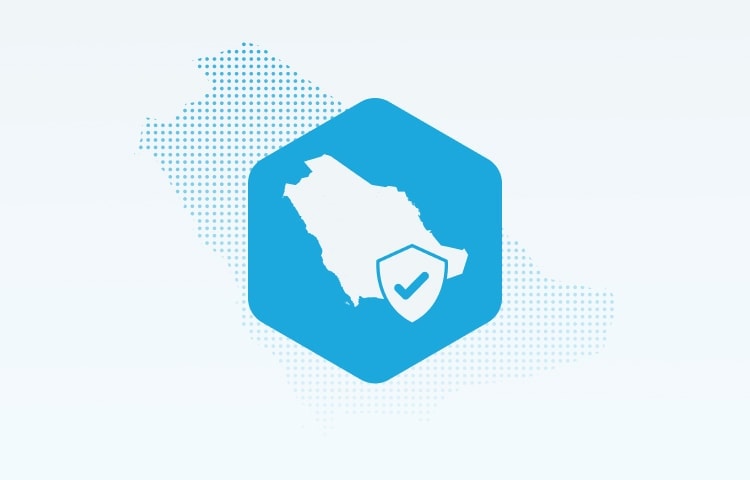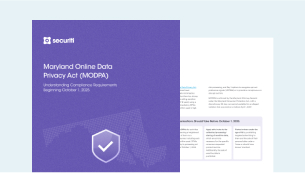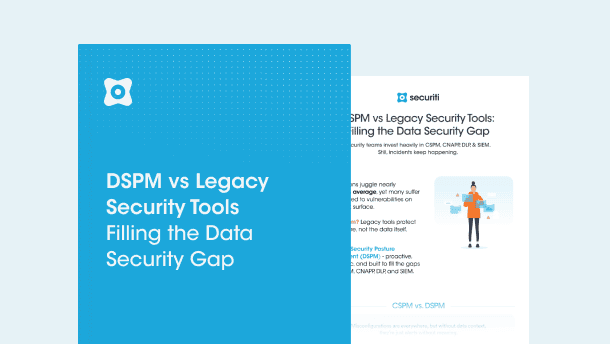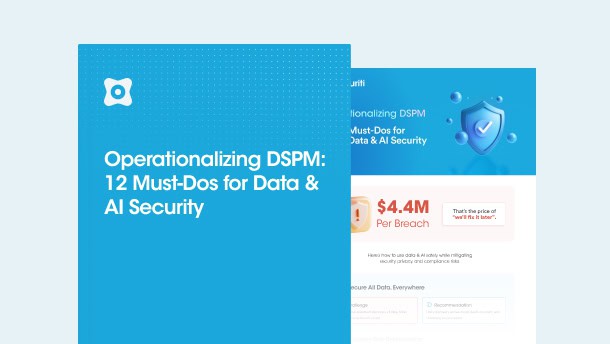The Saudi Data and Artificial Intelligence Authority (SDAIA) submitted an updated version of the Personal Data Protection Law (Amended Draft) for consultation on November 20, 2022.
The SDAIA stated that it invites all public, private, and nonprofit organizations and individuals to comment on the proposed revisions. The consultations from the public are open till 20th December 2022.
Significant, primarily business-friendly amendments are included in the Amended Draft, such as a relaxation of stringent data localization requirements and the addition of a specific type of legitimate interests as a foundation for processing.
Saudi Arabia's Personal Data Protection Law (PDPL) is the country’s first comprehensive data protection law. To complement the PDPL, SDAIA has also issued the Draft Executive Regulations ("Draft Regulations") in March 2022.
Initially, the PDPL was due to come into force after 180 days of the issue of PDPL, i.e., on 23 March 2022; however, the PDPL came into force on 17 March 2023.
Proposed Amendments to PDPL:
The following are some of the key proposed amendments:
1. Definitions
The Amended Draft prescribes more commonly used words such as ‘Personal Data Subject’, ‘Controller’, and ‘Processor’ as opposed to the previous ‘Personal Data Owner’, ‘Controlling Entity’, and ‘Processing Entity’. These definition terms are more aligned and similar to the language used in other data protection legislation.
2. Location Data
As per Article 1(11) of the Amended Draft, location information is no longer included in the list of information that constitutes sensitive personal data. Therefore, the processing of location data by organizations will not attract strict compliance requirements, unlike the processing of sensitive personal data.
3. Data Portability
Article 4 of the Amended Draft has been amended to include the right to data portability in addition to the right to information, access, correction, and destruction of personal data by the data subject.
The right to data portability allows data subjects to request the transfer of their personal data to another controller if it is technically feasible. It also gives data subjects the right to obtain their personal data in a legible and clear format.
4. Legitimate Interests
The Amended Draft's Article 6 adds legitimate interest as a lawful basis for processing personal data without the data subject's consent. Previously, consent was not required for the processing of personal data only in the situations where it was necessary to fulfill the interests of the data subject, legal or contractual requirements of the data controller, or for security purposes if the controller was a public entity.
Now the legitimate interests of the controller or any other party have been added to the list of circumstances in which data processing (for only non-sensitive personnel) is allowed without the data subject's consent.
In cases where the controller may obtain personal data from someone other than the data subject or process personal data for a reason other than that for which it was collected, Article 10 has been revised to include the controller's or any other party's legitimate interests.
Furthermore, the legitimate interests of the controller or any other party have been added to Article 15 as a circumstance in which the controller may disclose personal data.
5. Copying
Article 28, which pertained to the prohibition on photocopying or reproducing official documents identifying the data subject, has been removed.
6. Data Transfers
This is one of the most significant changes that the Amended Draft has introduced. Previously, the provisions of the PDPL pertaining to data transfers imposed substantial data localization requirements, which in most circumstances required the Competent Authority’s (which is SDAIA) approval to transfer personal data and allow for potential imprisonment for non-compliance with transfer limitations.
Similarly, the Draft Regulations stipulate the circumstances when the personal data could be transferred outside of Saudi Arabia, i.e., for purposes of providing services and public interest and whether a country is present on the adequacy list published by the SDAIA.
The concept of adequacy has now also been introduced in Article 28 of the Amended Draft, which permits the transfer of personal data if the recipient country guarantees adequate protection for both rights and personal data of the data subjects and has a central supervisory authority to ensure that the standard of data protection in that country is no less than what is provided under Amended Draft of PDPL and Draft Regulations.
Additionally, the Amended draft also provides conditions when personal data can be transferred outside of Saudi Arabia, which includes purposes pertaining to the public interest, public health, performance of an obligation under an international agreement, or to fulfill a duty owed by the data subject - which is comparable to the GDPR's definition of contractual necessity.
7. Data Breach
Article 20 has been revised to generally reflect the breach notification requirement set out in Article 23 and Article 24 of the Draft Regulations. Previously, the requirement was to notify SDAIA as soon as the breach occurred and notify the data subject if there was a risk of potential harm as stipulated in the Draft Regulations.
Now, a risk threshold for breach notifications is introduced in Article 20 of the Amended Draft. For the purposes of carrying out other notification requirements - such as that to SDAIA - Article 20 now stipulates following the specifications set out in the Draft Regulations.
Article 23 of the Draft Regulations require the data controllers to notify the SDAIA of any breach or damage, or unauthorized access to personal data within 72 hours of becoming aware of the breach.
8. Marketing
In addition to the prohibition of processing sensitive personal data for marketing purposes, Amendment Draft modifies Article 26 to include the processing of personal data if and only if organizations adopt clear mechanisms to allow data subjects to request a cessation any time they want.
9. Registration and Local Representative Requirements
The particular provisions for controllers to register with SDAIA (and pay any associated fees) and for organizations outside of the Kingdom to appoint a local representative have been removed from Article 31 of the Amended Draft.
Article 32 has been changed to address, among other things, the issuance of licenses to entities for the issuance of accreditation certificates for controllers and processors, as well as licenses to authorize other entities to audit compliance with the PDPL. The article had previously provided for creating an electronic portal and controller register.
10. Competent Authority Powers
SDAIA has been granted a wide range of supervision powers under Article 31 of the Amended Draft, including the ability to request documents and information from organizations, monitor compliance, issue directives, make decisions and give instructions regarding enforcement, and collaborate with international counterparts.
11. Lodging Complaint & Records of Processing
In addition to lodging a complaint with SDAIA, data subjects can now also file a complaint with the data controller regarding any issue with the implementation of the Amended Draft of PDPL and Draft Regulations.
Moreover, in addition to the obligation to keep records of personal data processing activities by PDPL and Draft Regulations, the Amended Draft also sets out rules to restrict access to personal data.
What’s Next for PDPL
SDAIA is seeking opinions on the Amended Draft till December 20, 2022. If SDAIA moves through with the Amended Draft, the 17 March 2023 compliance deadline will probably be postponed until 180 days after the amended PDPL is published in the Official Gazette.










































